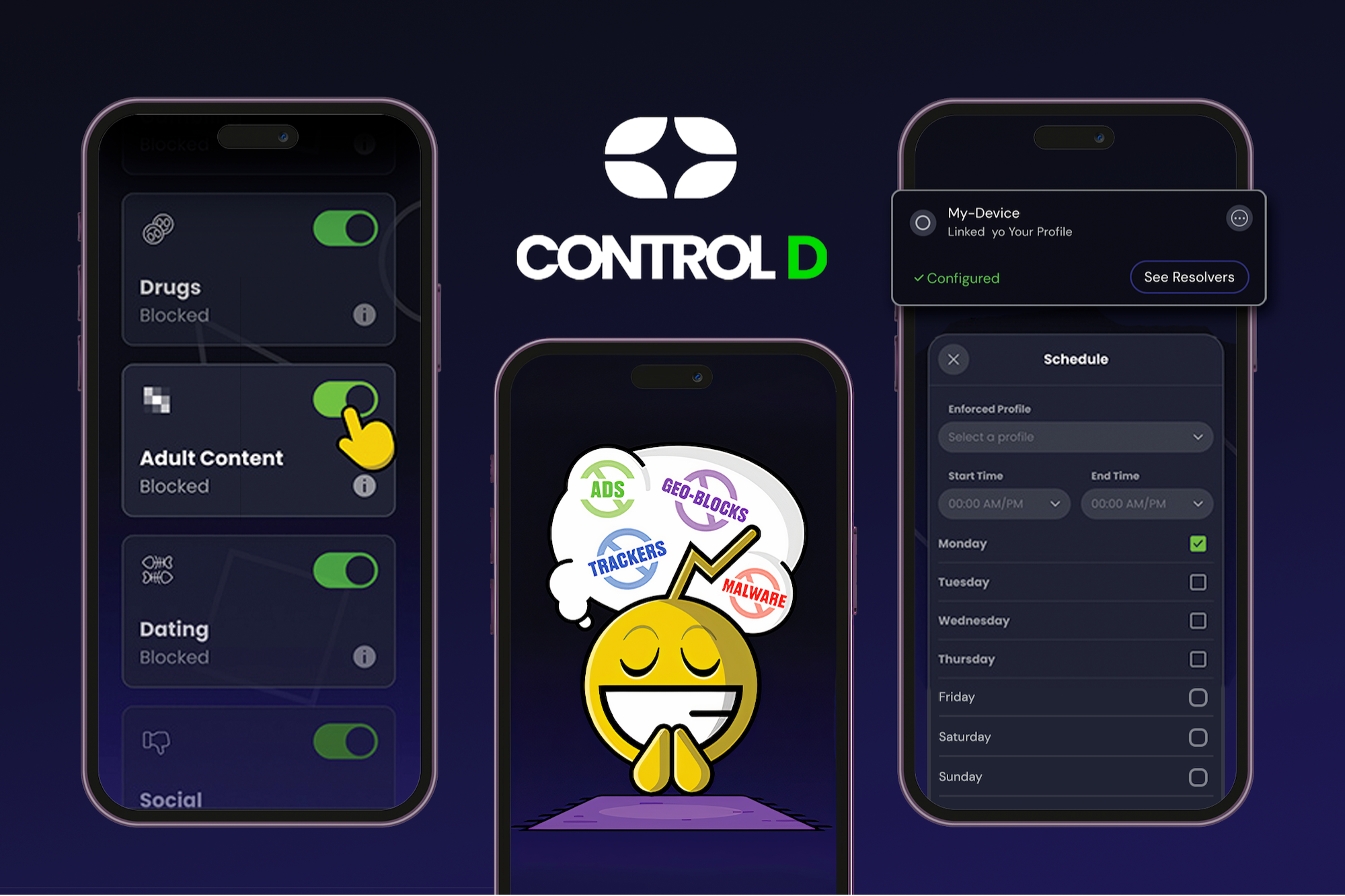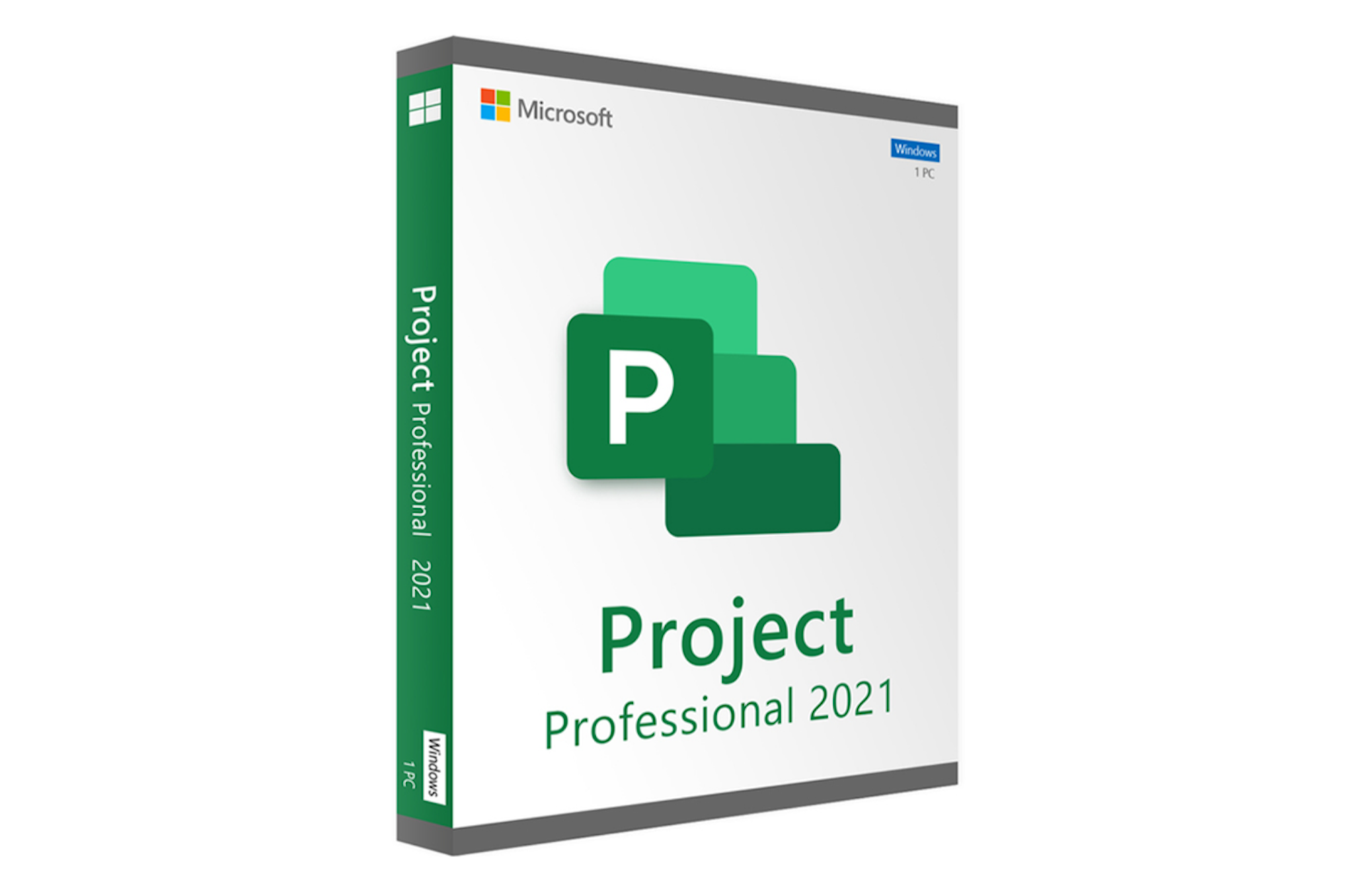AFFILIATE MARKETING
Man tasks AI bot with making 'as much money as possible' and it goes very well

Twitter user Jackson Fall might have just found himself a new business after asking an artificial intelligence bot to launch an online business, as soon their website was valued at over £15,000.
A savvy tech user decided to test the entrepreneurial capabilities of artificial intelligence by tasking a bot with making “as much money as possible” – and it worked out very nicely for him.
Twitter user Jackson Fall decided to put GPT-4, the successor to ChatGPT, to the test so he gave it a budget of £82 ($100) and a series of strict instructions.
Soon Jackson found himself managing Green Gadget Guru – an affiliate marketing site making content around sustainability products, and things went uphill from there.
Taking to Twitter, Jackson wrote: “I gave GPT-4 a budget of $100 and told it to make as much money as possible. I’m acting as its human liaison, buying anything it says to. Do you think it’ll be able to make smart investments and build an online business?
“(We) set up an affiliate marketing site making content around Eco Friendly / sustainable living products. It initially suggested a .com that went over budget but we landed on http://GreenGadgetGuru.com. We’re off to the races.
“I asked it to come up with a prompt… to make our logo. As a branding designer, it’s taking everything in me not to tell it this is a BAD idea. But here we are. I put the first prompt in,
“Here’s the first logo it generated, and here’s what I came up with in Illustrator. I tried to stay as close to the generated concept as possible.”
Here's the first logo it generated, and here's what I came up with in Illustrator.
I tried to stay as close to the generated concept as possible. pic.twitter.com/TzdtOU3YpH
— Jackson Greathouse Fall (@jacksonfall) March 15, 2023
Jackson used graphic AI bot Dall-E to create the logo for the brand, and he relied on GPT-4 for the code for the website.
He continued: “For the website, I told GPT to be as verbose as possible making decisions for everything from content to layout.
“Some interesting decisions it’s made: – The logo should be positioned in the top left corner. – A category section should be a five-column grid of cards.
“Our first piece of content: ’10 Must-Have Eco-Friendly Kitchen Gadgets for Sustainable Cooking’! Easy enough. We need products and a cover image. From Midjourney, we got this banger:
Our first piece of content: 10 Must-Have Eco-Friendly Kitchen Gadgets for Sustainable Cooking!
Easy enough. We need products and a cover image. From Midjourney, we got this banger: pic.twitter.com/TN9qKj0swk
— Jackson Greathouse Fall (@jacksonfall) March 15, 2023
“Writing the article, GPT is actually citing real sustainable products. – Prep Naturals Glass Meal Prep Containers – Ecowaare Produce Bags – Yihong Reusable Metal Straws”
Soon Jackson and GPT-4 had a live website and their first article was written, so they turned their collective attention to marketing and the AI bot suggested spending “exactly $40 USD” on Facebook and Instagram adverts.
He then shared an update and said that after the first day, the pair had a cash total of £134 ($163) a profit of £52 – thanks to £82 being raised by a second investor.
Jackson said “our jobs are still safe”, but then he posted a second update.
He said: “DMs are flooded. Cash on hand: $1,378.84 ($878.84 previous balance + $500 new investment) The company is currently valued at $25,000, considering the recent $500 investment for 2 per cent.
“Not taking any more investors unless the terms are highly favorable.
“I am but a humble servant of the Robots.”
AFFILIATE MARKETING
How to Control the Way People Think About You
Opinions expressed by Entrepreneur contributors are their own.
In today’s digital age, where personal branding and public perception play a vital role in success, strategic PR efforts have become more important than ever. Ulyses Osuna, the founder of Influencer Press, joined our show to share valuable insights on the significance of PR, the evolving landscape, and the keys to achieving business growth while maintaining a fulfilling personal life.
One of the key takeaways from the conversation was the importance of strategic PR efforts in building a personal brand and shaping public perception. Ulyses emphasized that PR is not just about getting media coverage; it’s about controlling the narrative and shaping how others perceive you. By strategically positioning yourself and your brand through effective PR, you can influence public opinion and establish yourself as an authority in your field. Another crucial aspect discussed was the power of leveraging relationships and connections.
Ulyses highlighted the “Buglight Concept,” which involves utilizing the support and connections of others to achieve success. By building strong relationships and leveraging the networks of influential individuals, you can significantly expand your reach and influence. Ulyses’s own success with Influencer Press is a testament to the power of connections in the PR world. While professional success is undoubtedly important, Ulyses also stressed the significance of balancing personal time and fulfillment. In the pursuit of business growth, it’s easy to neglect personal well-being and relationships. However, Ulyses emphasized that true success lies in finding a balance between professional achievements and personal happiness.
By prioritizing personal time and fulfillment, entrepreneurs can sustain long-term growth and avoid burnout. In the ever-evolving landscape of PR, Ulyses highlighted the need for a clear mission when seeking press coverage. He emphasized the importance of aligning your brand with a cause or purpose that resonates with your target audience. By having a clear mission and purpose, you can attract media attention that aligns with your values and goals, ultimately enhancing your brand’s reputation and reach. Additionally, Ulyses discussed the importance of pricing services correctly and finding the right balance between personal involvement and business scalability.
The conversation also touched upon the dynamics of client relationships and the impact of showcasing external support. Ulyses emphasized the value of building strong relationships with clients and going above and beyond to exceed their expectations. Furthermore, he highlighted the importance of showcasing external support, such as media coverage or endorsements, to establish credibility and attract new clients. Ulyses’s own podcast, The Blacklist, where he shares insights and interviews successful entrepreneurs, was also discussed. He explained that launching the podcast was a way to give back to the entrepreneurial community and share valuable knowledge.
By continuously learning from others and implementing breakthrough ideas, Ulyses emphasized the importance of immediate action and continuous improvement for business growth. In conclusion, strategic PR efforts are essential for building a strong personal brand and controlling the narrative in today’s digital age. By leveraging relationships, finding a balance between personal and professional life, and having a clear mission, entrepreneurs can shape public perception, expand their reach, and achieve long-term success. Ulyses Osuna’s insights serve as a valuable guide for those looking to navigate the ever-changing landscape of PR and personal branding.
About The Jeff Fenster Show
Serial entrepreneur Jeff Fenster embarks on an extraordinary journey every week, delving into the stories of exceptional individuals who have defied the norms and blazed their own trails to achieve extraordinary success.
Subscribe to The Jeff Fenster Show: Entrepreneur | Apple | Spotify | Google | Pandora
AFFILIATE MARKETING
Set Your Team up for Success and Let Them Browse the Internet Faster

Disclosure: Our goal is to feature products and services that we think you’ll find interesting and useful. If you purchase them, Entrepreneur may get a small share of the revenue from the sale from our commerce partners.
According to TeamStage, 31 percent of employees waste about a half hour each day, and the top 10 percent of them can waste as much as three hours in a day. Part of that might be attitude, but the other part might be hangups caused by internet speed and advertisements. To nip that lost time in the bud, consider equipping yourself or your team with a tool to help stay on task.
From April 15 through 21, this five-year subscription to Control D Some Control Plan is on sale for just $34.97 (reg. $120). This is the best price for this deal online. This tool is designed to help users browse and use the internet faster while also blocking ads.
Control D is described as a “one-touch solution” for taking control over the productivity of your computer and internet usage. The deal supports use for up to ten devices, and it empowers each user to block advertisements, enjoy faster browsing, and set internet safety rules and restrictions for kids.
Control D’s bandwidth is substantial. It can accommodate up to 10,000 custom rules, block more than 300 servers, support multiple profiles, and unlimited usage. This robust and well-designed tool is a reliable option for any business leader who wants to liberate themselves or team members from distractions online.
Control D is rated a perfect 5/5 stars on Product Hunt.
Remember that from April 15 through 21, this 5-year subscription to Control D Some Control Plan is on sale for just $34.97 (reg. $120)—the best price on the web.
StackSocial prices subject to change.
AFFILIATE MARKETING
Grab Microsoft Project Professional 2021 for $20 During This Flash Sale

Disclosure: Our goal is to feature products and services that we think you’ll find interesting and useful. If you purchase them, Entrepreneur may get a small share of the revenue from the sale from our commerce partners.
If you’re in charge of a business and you don’t have a clear understanding of how to approach projects in an organized and effective manner, that’s a problem. Like many leaders before you, consider leaning on software that’s designed to streamline the project workflow for companies representing a wide range of industries.
A rate that will only be available from April 19 through 22, you can get Microsoft Professional 2021 for just $19.97 (reg. $249).
This well-reviewed software comes with a range of pre-built templates that you can use to set your project off on the right foot. It supports a number of helpful functions like building complex schedules with varying timelines, auto-populating those schedules in instances where it can, and submitting timesheets that can be distinguished by project work and non-project work.
Some additional features of Microsoft Project Professional that can help entrepreneurs and their teams include what-if scenario generation capabilities. Microsoft Project Professional also allows you to sync projects on your local server with those online, which is massively helpful for remote teams.
Its comprehensive and well-curated offerings are part of why Project Professional is rated an average of 4.7/5 stars on the Entrepreneur Store.
Don’t miss this limited-time opportunity to make a worthwhile investment in your business for the price of a beer at the ball game.
A price that will only last from April 19 through 22, you can get Microsoft Professional 2021 for just $19.97 (reg. $249).
StackSocial prices subject to change.
-

 PPC5 days ago
PPC5 days ago19 Best SEO Tools in 2024 (For Every Use Case)
-

 MARKETING7 days ago
MARKETING7 days agoStreamlining Processes for Increased Efficiency and Results
-
SEARCHENGINES7 days ago
Daily Search Forum Recap: April 17, 2024
-

 PPC7 days ago
PPC7 days ago97 Marvelous May Content Ideas for Blog Posts, Videos, & More
-

 SEO7 days ago
SEO7 days agoAn In-Depth Guide And Best Practices For Mobile SEO
-
SEARCHENGINES5 days ago
Daily Search Forum Recap: April 18, 2024
-

 MARKETING6 days ago
MARKETING6 days agoEcommerce evolution: Blurring the lines between B2B and B2C
-
SEARCHENGINES4 days ago
Daily Search Forum Recap: April 19, 2024















